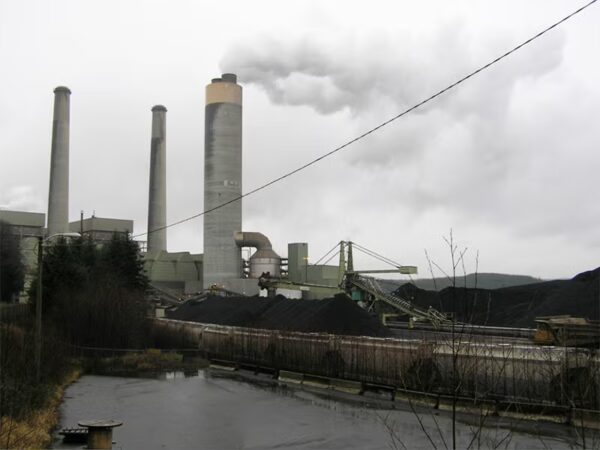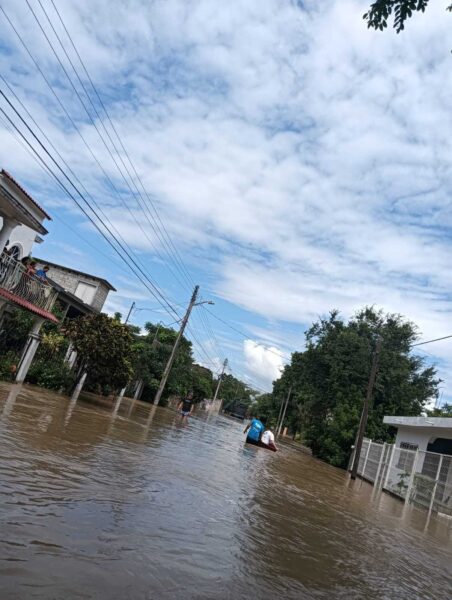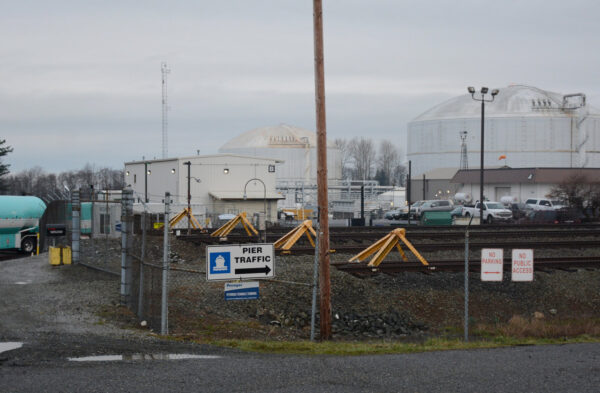My name is Jules Rader, and I’m an advocacy and community outreach intern at WEC. I was born here in Washington and have always felt connected to nature, especially Puget Sound. The more I’ve learned about climate change, environmental destruction and the disproportionate effects these have had on marginalized communities, the more determined I’ve been to dedicate myself to the environmental justice movement.
In February, I began learning about the history of the Trans Mountain Pipeline and the last 10 years of organizing against its expansion. I am still learning this history, and I’m learning how to join the fight in solidarity with the First Nations leading it, with my own commitment to environmental justice. The Trans Mountain Pipeline Expansion Project (TMX) is part of a structurally violent system with a history of violations against Indigenous Rights. I’d like to share what I’ve learned over the last few months with others who may be new to learning about TMX, and outline actions you can take in solidarity with this movement.
Background
The Trans Mountain pipeline expansion project was announced by Kinder Morgan in 2013. First Nations, including Squamish, Tsleil-Waututh, Coldwater and a collective of bands within the Sto:lo Nation that would be directly impacted by the new pipeline route, have not consented to the project and have led an ongoing fight to stop the expansion project on the ground and in court. The expansion project would triple the volume of its existing pipeline carrying diluted bitumen from Alberta to the Vancouver Harbor for export, dramatically increasing the number of tar sands oil tankers in the Vancouver Harbour and Salish Sea. In response, First Nations, municipalities, unions, students associations, environmental organizations, local politicians, and many others have stood together in opposition of the pipeline expansion project.
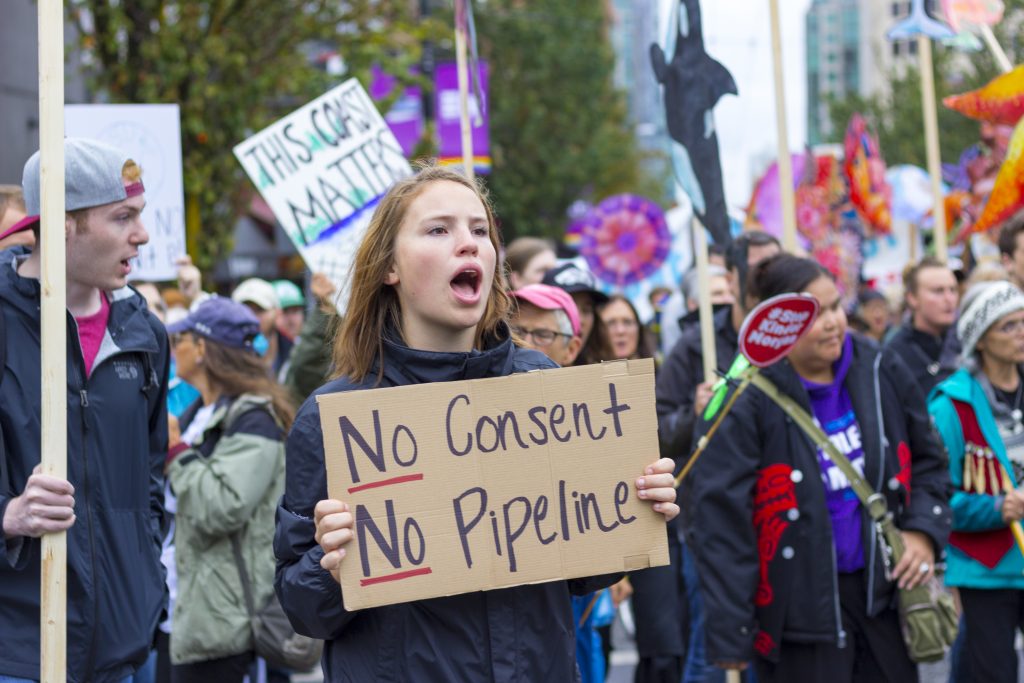
Since the announcement of the proposed expansion, the legal opposition has persevered, and the history is, frankly, confusing. I don’t have a background understanding of the Canadian legal or governmental system, and putting together a timeline of what continues to unfold is messy. Below are key events in Stop TMX history:
- 2016: the Trudeau government approved Kinder Morgan’s proposal for expansion, and appeals were filed against this approval.
- May 2018: the Canadian government purchased the pipeline from Kinder Morgan for C$4.5 billion, intending to push forward the expansion project.
- August 2018: the Federal Court of Appeal ruled that the government had failed to consider the concerns of the several First Nations challenging the project, and that the National Energy Board had not considered the impact of increased tanker traffic due to the project.
- June 2019: the project was re-approved, and again an appeal was filed by multiple First Nations.
- February 2020: the Federal Court of Appeal dismissed this appeal.
This February was also when I started learning about TMX and getting involved. Two months later, on April 6, the First Nation appellants filed an appeal with the Supreme Court of Canada. You can watch the April 7 webinar on the First Nations appeal here: https://vimeo.com/405250809. In a deeply disappointing decision in July, the Canadian Supreme Court declined to hear their case, but resistance and organizing against the pipeline expansion continues.
In addition to supporting the organizing and legal appeals of First Nations, Stand Up To Oil and an international coalition of organizations have advocated for companies insuring the pipeline drop their coverage, which is required for the pipeline to operate. Stand Up To Oil held a Stop TransMountain: Education and Action Webinar on April 30th, where we put pressure on US-based insurers to stop insuring the Trans Mountain pipeline. Speakers included Reuben George of the Tsleil-Waututh Nation, Mary Lovell from Pull Together, and E. Sulakshana from Rainforest Action Network. You can use this tool to call and email AIG and Liberty Mutual insurers, if you’re ready to take action too. More opportunities for solidarity action from Washington are included at the bottom of this post.
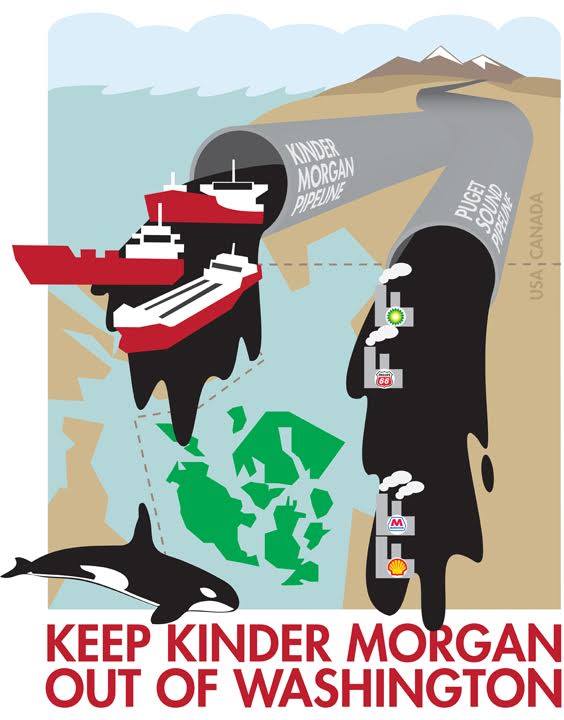
What are the risks of the Trans Mountain expansion project?
The Tsleil-Waututh Nation conducted an independent assessment of the proposed TMX project, because the pipeline lies within the Consultation Area of the Tsleil-Waututh Nation. The assessment determined if the expansion proposal is implemented, over the next 50 years there is a 79-87% likelihood of a spill in the Burrard Inlet, and a 29% chance of a worst-case spill (100,000 barrels). This risk, among others, is why the Tsleil-Waututh Nation and other First Nations have not given their free, prior and informed consent on the project, as required by the UN Declaration on the Rights of Indigenous Peoples. The UN Committee on the Elimination of Racial Discrimination called on Canada to suspend the expansion project in December 2019. Despite this, Canada has continued to push the project forward. This is not okay.
Over the last few months, despite the COVID-19 pandemic, pipeline construction has continued as planned. The health and safety of many First Nations are endangered by exposure to Trans Mountain workers at man camps and the continued construction of the pipeline. This is not okay.
This is environmental injustice.
We must stand in solidarity with the First Nations leading the fight, and we must protect the environment from increased numbers of oil tankers here in Washington State and down the Pacific Coast. We are all connected through our shared water and we need to be accountable to the First Nations, the Salish Sea, and the people who would be most affected by an oil spill.
Solidarity Actions
- Help fundraise online and donate to support First Nations’ legal action against TransMountain through Pull Together.
- Sign the petition to demand Liberty Mutual drop insurance of TransMountain and Keystone XL Tar Sands pipelines.
- You can use this tool to call and email leadership from AIG and Liberty Mutual insurers, to pressure them to drop Trans Mountain. Call scripts and email outlines are provided.
- Amplify the messages of ongoing efforts by sharing them on social media and in your newsletters. You can stay up to date on Pull Together events and calls to action by joining their email list. Join Stand Up To Oil (SUTO) here.

Julianna Rader
Advocacy and Community Outreach Intern
Jules is originally from Seattle and returned after graduating from Washington University in St. Louis in 2017 with her BA in Global Cultural Studies. She has been tutoring middle and high school students since 2017 and loves building supportive, meaningful relationships with students and giving them the social and emotional tools to navigate and change the world. Environmental justice has become Jules’ most urgent priority; she believes empathy, education, and advocacy are the powerful tools we need to mobilize change. When she’s not in the office, Jules can be spotted at the library, biking around the city, or messing around on an instrument.
